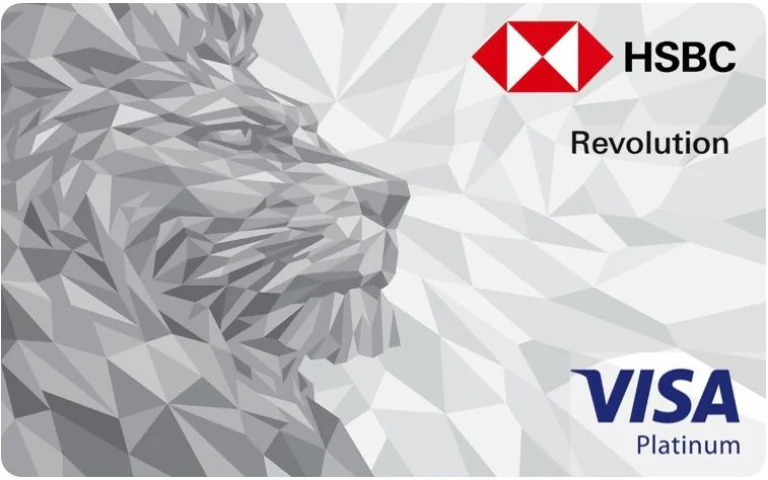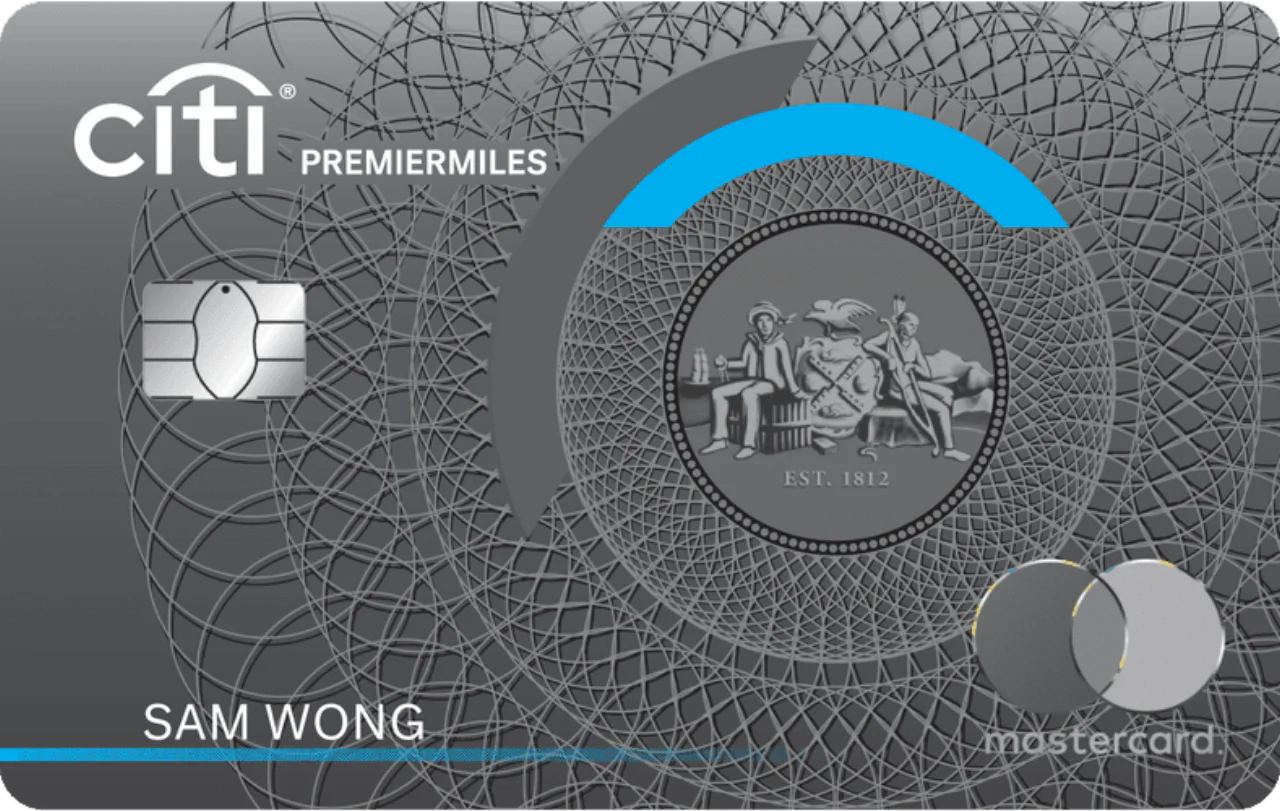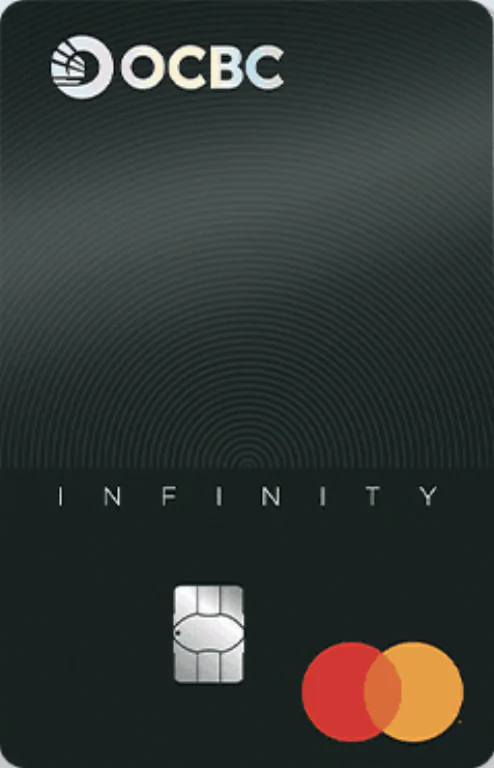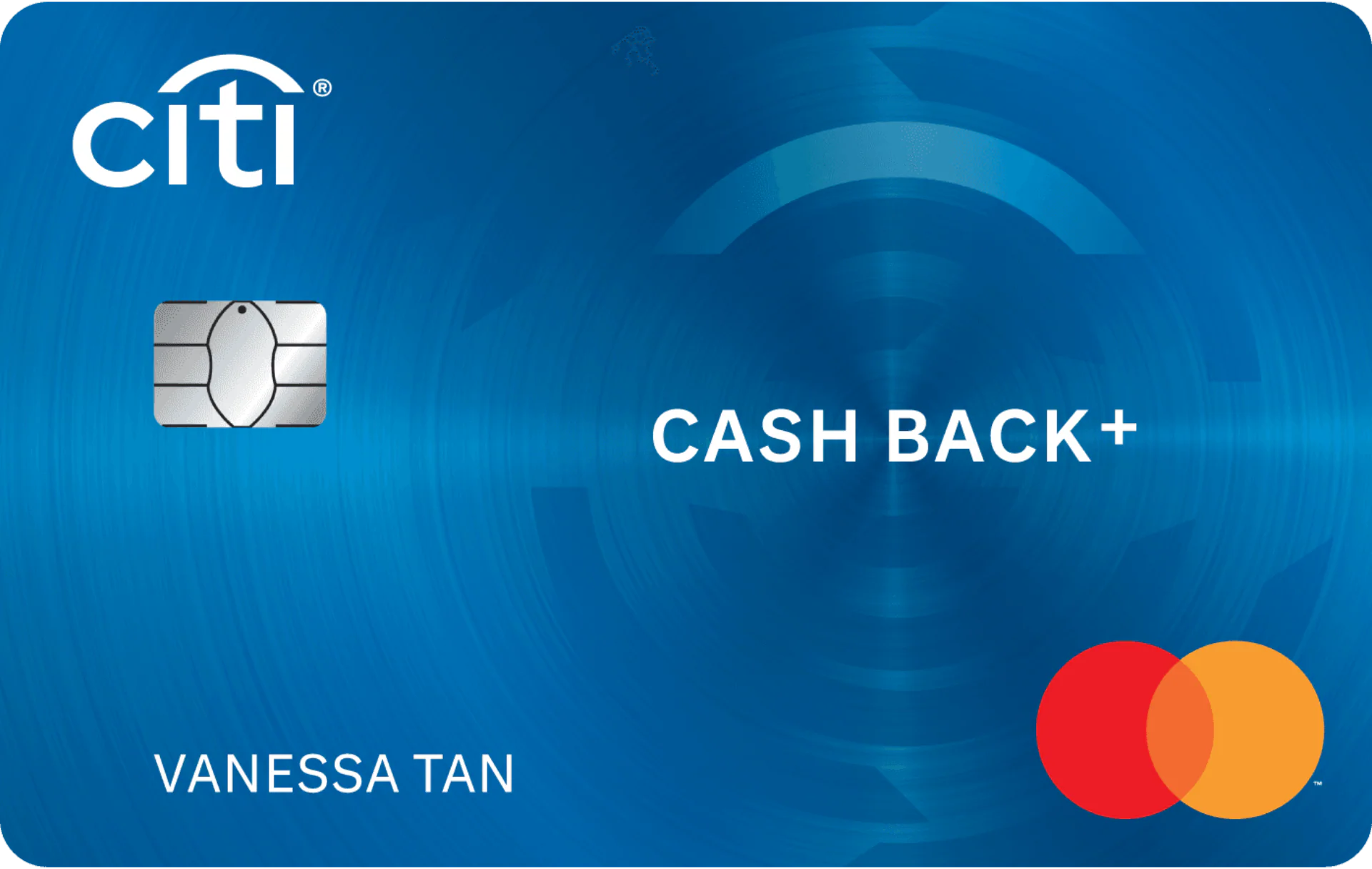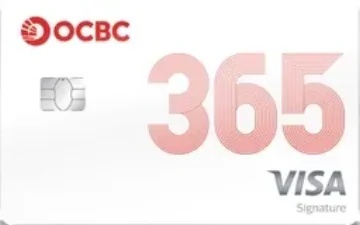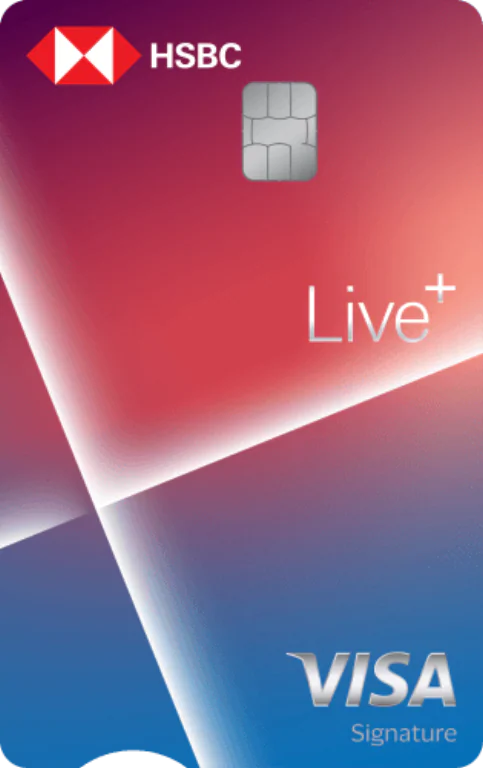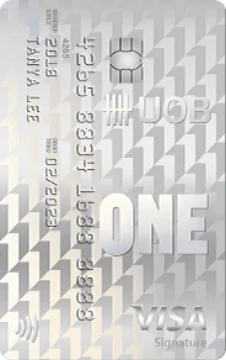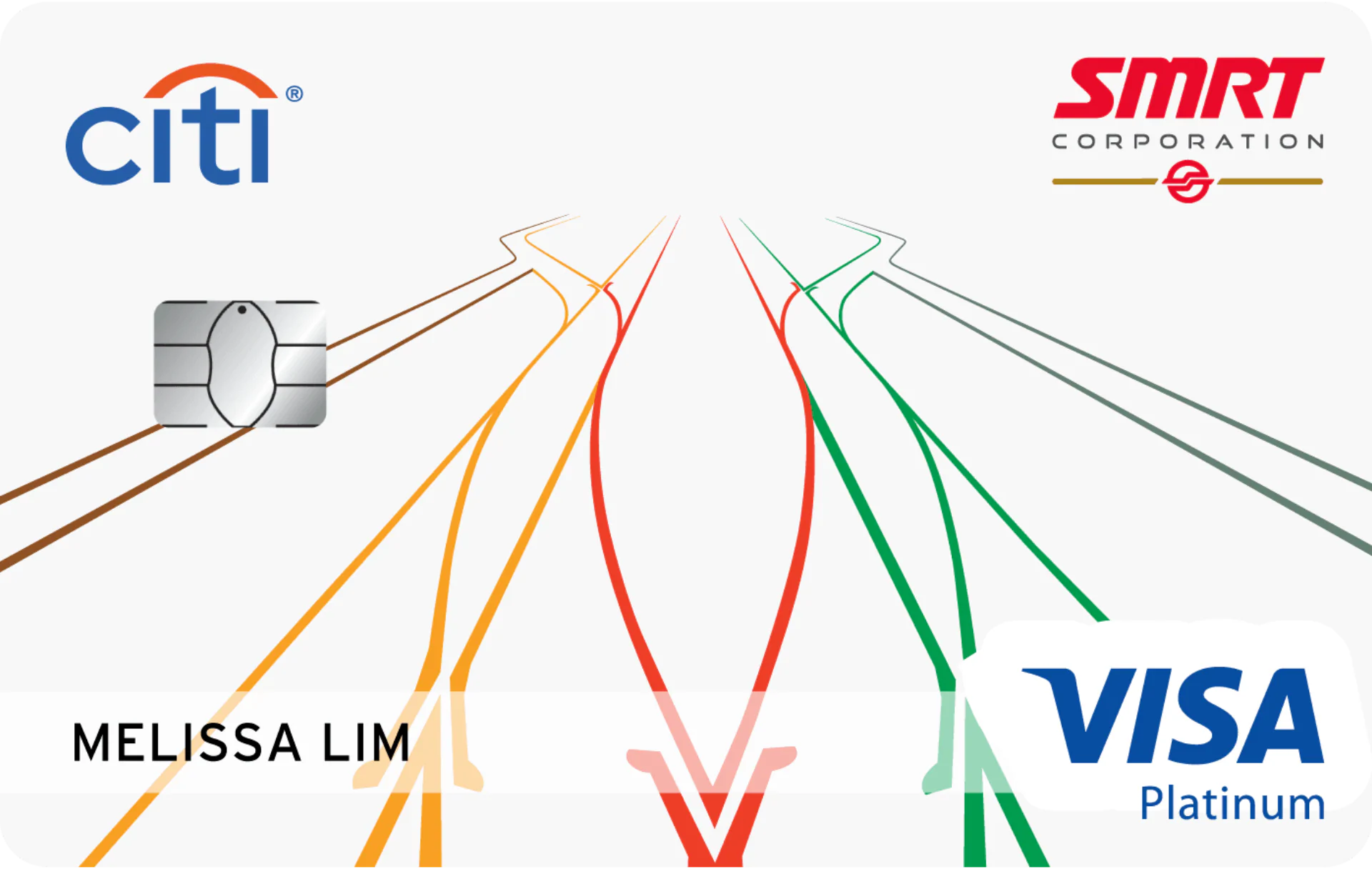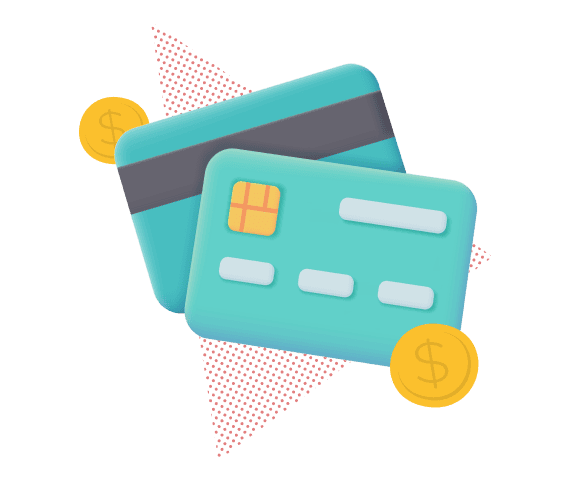11 Things You Should Know Before Getting Your First Credit Card
Updated: 11 Dec 2025
Knowing how credit cards work in Singapore can help you avoid costly mistakes and build a solid credit foundation from day one.
Getting your first credit card is a big step in adulting. Whether you’re a fresh graduate or starting your first job, understanding how credit cards work is key to building a strong financial foundation. With banks like DBS, UOB, and Standard Chartered offering entry-level cards designed for young adults, the right first move could mean smoother spending, better perks, and a healthier credit score for years to come.
SINGSAVER’S STARTER KIT FOR FIRST-TIME CREDIT CARD USERS
1. The best credit cards aren’t available to beginners
As tempting as it is to aim for the best credit cards like the Citi Prestige or HSBC Visa Infinite, these often require a minimum annual income of $120,000 and a well-established credit history. If you’re just starting out, beginner-friendly cards like the DBS Live Fresh Card or the Standard Chartered Smart Card are better picks.
They’re easier to qualify for and still come with perks like cashback on contactless payments and eco-friendly rewards, though keep in mind the credit limit might be on the lower side to start. Here are some options to consider:
-
A student credit card, such as those offered by DBS or Maybank for tertiary students.
-
A secured credit card, which requires a refundable deposit and can help you build credit safely.
-
Entry-level cards for those with limited credit history, like the Standard Chartered Smart Card or DBS Live Fresh Student Card.
-
Cards you’re more likely to qualify for. Some banks offer online eligibility checkers or let you pre-qualify using your SingPass MyInfo.
» MORE: The best credit cards all have these five features in common
2. A security deposit makes it easier to get a credit card
While secured credit cards are not as common in Singapore, they can still be a way in if you're new to credit. Essentially, you put down a deposit that acts as your credit limit.
If you fall behind on payments, your deposit may be forfeited. But if you consistently pay on time and keep your spending well below the card limit, you could build a positive credit record within just a few months. From there, your bank may offer to upgrade you to a standard unsecured credit card, or you could apply for one separately and close your secured card in good standing, with your deposit refunded.
Instead of secured credit cards though, banks in Singapore often suggest starting with a supplementary card under a parent’s account or building a banking relationship with options like the SC JumpStart account for students and NSFs. Some financial institutions also offer deposit-linked products that support your credit profile until you're ready for a full-fledged card.
Best Credit Cards in Singapore
3. Your first credit card can build or ruin your credit
In Singapore, your credit history is tracked by the Credit Bureau Singapore (CBS), and your very first card plays a big role in shaping that score. Pay on time, avoid maxing out your limit, and treat your card with care—your CBS score is affected by every swipe and statement.
Always remember that a first card isn’t about luxurious perks, but about building trust with banks and future lenders.
To get the most out of your credit card and build a strong credit profile, always pay your bill in full and on time each month. Try to keep your spending below 30% of your credit limit to show responsible usage. You can also monitor your credit standing through your free CBS report, which gives you a clear picture of your progress.
4. You can see rates and fees before you apply
By law, banks in Singapore must disclose all credit card fees upfront, including interest rates (usually around 26.9% p.a.), annual fees, and late payment charges. Before you apply, check the product summary pages from banks like DBS, UOB, and Citi. Don’t just compare the rewards and cashback, take a close look at the fee structures and terms to avoid surprises down the line.
Here’s what you’ll usually find disclosed upfront in Singapore:
-
Annual fee: Whether it’s waived for the first year, ongoing charges, and any conditions for fee waivers (e.g. minimum spend).
-
Interest rate (APR): Most cards charge about 26.9% p.a. for purchases. Rates for cash advances and balance transfers may differ and are usually higher.
-
Minimum payment: Usually 3% of the outstanding balance or $50, whichever is higher.
-
Late payment fee: Typically up to $100, applied even if you miss the due date by one day.
-
Foreign transaction fee: Usually around 2.8% to 3.25%, depending on the bank.
-
Cash advance fee: Usually 6% of the withdrawn amount or $15, whichever is higher, plus interest from the date of withdrawal.
» MORE: How to apply for a credit card
5. Credit card fees can be avoided
Many first-time cardholders worry about fees, but with a bit of planning, they’re often avoidable. For example, DBS Live Fresh offers a lifetime annual fee waiver if you meet minimum spend requirements. Set up automatic payments through GIRO to avoid late fees (which can go up to $100). DBS and other banks offer this advice as a default for new users. Automate where you can, and stay on top of monthly payments.
6. Interest is also completely avoidable
Most credit cards in Singapore come with an interest-free grace period of about 20 to 25 days, but this only applies if you pay your full statement balance by the due date each month. If you carry even a small balance past the due date, interest will be charged on the full amount from the transaction date, not just the remaining unpaid portion.
This is why financial advisors and banks like DBS often recommend treating your credit card like a debit card. Only charge what you can comfortably repay in full when the bill arrives. Doing this consistently means you’ll never pay a cent in interest, no matter how high the card’s annual interest rate may be.
Using your credit card this way has multiple benefits: you build a strong credit history with timely payments, avoid falling into debt, and still get to enjoy perks like cashback or reward points. So even though the interest rates may seem scary, they’re completely avoidable as long as you stick to the golden rule of paying your full balance on time, every time.
7. You can—and should—pay more than the minimum
The minimum monthly repayment in Singapore is typically 3% of your outstanding balance or $50, whichever is higher. While that may seem manageable, relying on minimum payments is a costly habit in the long run. You’ll not only end up paying significantly more in interest, but it’ll also take much longer to clear your debt, even for modest balances.
Standard Chartered, for example, highlights how a small balance can snowball into years of repayments if you only pay the minimum each month. That’s because interest continues to compound on the unpaid amount, making it harder to catch up.
8. Paying late comes with high costs
A single late payment might not seem like a big deal, but it can come with serious financial consequences and damage your long-term credit health. In Singapore, just missing your due date by a day can result in:
-
Late fees: Late payment fees of up to $100.
-
Interest charges: Usually around 26.9% p.a. on the unpaid balance, calculated from the transaction date.
-
Loss of promotional interest rates: If your card had any special 0% or lower-rate offers, those will no longer be available.
-
Damage to your credit: Late payments also negatively impact your CBS report, which can lower your credit score and hurt your chances of getting approved for future credit or loans.
The effects aren’t just financial—your credit reputation could take a hit that lasts for years. Even one late payment recorded on your CBS report can make lenders think twice, especially if you’re applying for a home loan or upgrading to a premium credit card.
9. Getting too close to your limit can sink your credit score
Spending up to your credit limit might seem harmless if you always pay it off, but in Singapore, your credit utilisation ratio (how much you spend compared to your limit) is tracked by CBS too.
Try to keep it below 30% to stay in good standing. If you’ve been using your card responsibly for a few months, you can even request a credit limit increase, which can improve your utilisation ratio and boost your score.
10. Dealing with credit card fraud is easier than it sounds
Credit card fraud can happen to anyone, even the most careful cardholder. The good news is that in Singapore, you’re protected under MAS regulations, which require banks to investigate all reported unauthorised transactions promptly. As long as you report suspicious activity quickly and have not acted negligently (e.g. by sharing your PIN or ignoring security alerts), you may not be held liable for the fraudulent charges.
All major banks in Singapore, including UOB, OCBC, DBS, and Standard Chartered, offer 24/7 fraud hotlines, allowing you to reach customer support immediately if something seems off. Many banks also let you lock or freeze your card instantly via their mobile apps, giving you an added layer of control while an investigation is underway. Some apps even allow you to disable specific types of transactions (like overseas spending or online payments) when not in use, reducing your exposure to risk.
It’s also a good idea to enable two-factor authentication (2FA) for all online payments and keep your transaction alerts switched on. With SMS or push notifications, you’ll get an immediate heads-up whenever your card is used, helping you spot and stop fraud fast. Also, make it a habit to regularly review your transaction history, so any irregularities don’t go unnoticed. Taking a few simple precautions can offer peace of mind and keep your credit card use safe and secure.
11. If you’re rejected for a credit card, the issuer should tell you why
It’s disappointing to get rejected, but you’re not left in the dark. Under MAS rules, banks must tell you the reason. It could be low income, a short credit history, or missing documents. You can also request a free copy of your CBS credit report to understand your standing.
Next steps? Consider building credit through supplementary cards, debit-credit hybrids, or simply waiting a few months before trying again.
Explore the best credit cards in Singapore
Compare top picks for cashback, miles, and student-friendly options—all in one place.
Relevant articles
Your First Credit Card: A Milestone in Your Financial Journey
Getting your first credit card is a big step towards financial freedom and responsibility. It's not just a tool for spending; it's a key part of building your financial future. It helps you start a credit history, which is important for getting loans or mortgages later. Plus, it offers benefits like fraud protection and rewards. But, it's important to know that credit cards can also lead to debt if not managed well. Learning how to handle your credit card is crucial to make the most of this big step in Singapore.
